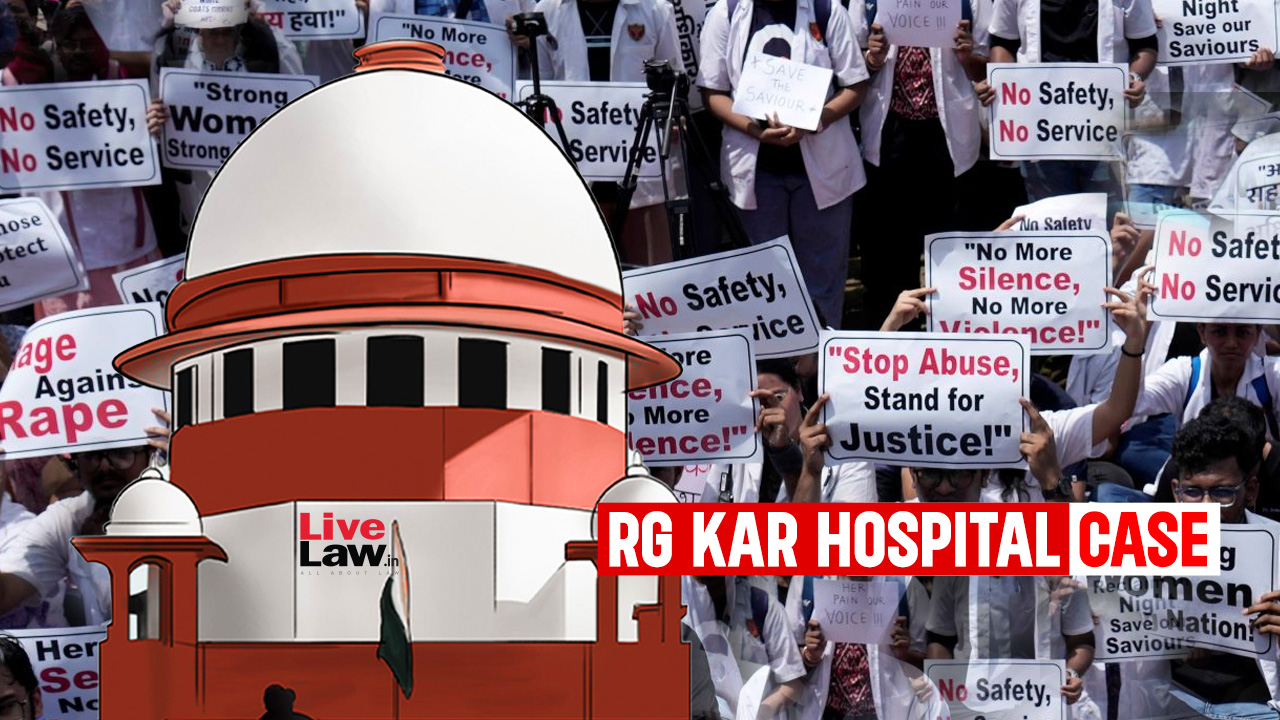 |
|
The Supreme Court of India continues to grapple with the aftermath of the tragic rape-murder of a trainee doctor at RG Kar Hospital in West Bengal. On September 30, 2023, the court heard the suo motu case regarding the incident, marking a significant development in the ongoing investigation. The court recorded a statement from the resident doctors, confirming that they had resumed all essential and emergency services, including in-patient (IPD) and out-patient (OPD) duties, following their previous abstention from work as a protest against the crime.
The doctors' decision to resume duties was made after the Supreme Court assured them that no coercive action would be taken against them for their initial protest. The court also stressed the importance of maintaining the functionality of the hospital, particularly given the essential services it provides to the community. However, the doctors' return to work did not mean the end of their concerns regarding the hospital's management and the investigation into the crime.
During the hearing, the court focused on the ongoing investigation by the Central Bureau of Investigation (CBI) into the rape-murder case. The CBI is conducting its investigation on two fronts: first, the alleged rape and murder itself, and second, the allegations of financial irregularities within the hospital. This dual investigation underscores the complexities of the case and the potential for systemic issues within the institution.
The resident doctors' association, represented by senior advocates Indira Jaising and Karuna Nundy, raised concerns about the presence of individuals within the hospital who are accused of wrongdoing and potential cover-up of the crime. They demanded that these individuals be either suspended or placed on leave pending the completion of the CBI investigation. While the State's counsel, Rakesh Dwivedi, indicated that the State would be ready to take appropriate action against individuals if the CBI provided preliminary information against them, this statement did not fully address the doctors' concerns regarding the ongoing presence of these individuals within the hospital.
The court also acknowledged the need to address financial irregularities within the hospital, highlighting the importance of transparency and accountability. The court emphasized that any information regarding potential connections between RG Kar Hospital and other institutions, whether in the state or outside the state, should be shared with the CBI. This directive suggests the court's belief that the alleged financial irregularities might extend beyond the walls of the hospital, potentially implicating other institutions or individuals.
Furthermore, the court reiterated its commitment to protecting the victim's identity and privacy. It reaffirmed its earlier directive to Wikipedia to remove the victim's name and image from its platform. The court also extended this directive to all social media intermediaries, highlighting the importance of preventing the victim's identity from being further circulated online, particularly in a manner that could cause distress to her family. The court also instructed the Ministry of Electronics and Information Technology (MeITy) to designate a nodal officer to oversee the removal of unauthorized information about the victim from the internet.
The September 30 hearing marks a significant development in the RG Kar case. While the resident doctors' return to work is a positive step towards restoring normal operations at the hospital, the court's directive to investigate financial irregularities, along with the concerns raised by the doctors' association, indicates that the investigation will continue to focus on addressing the wider systemic issues that contributed to this tragic incident. The ongoing investigation and the court's commitment to transparency and justice are essential for ensuring that similar tragedies are prevented in the future.
